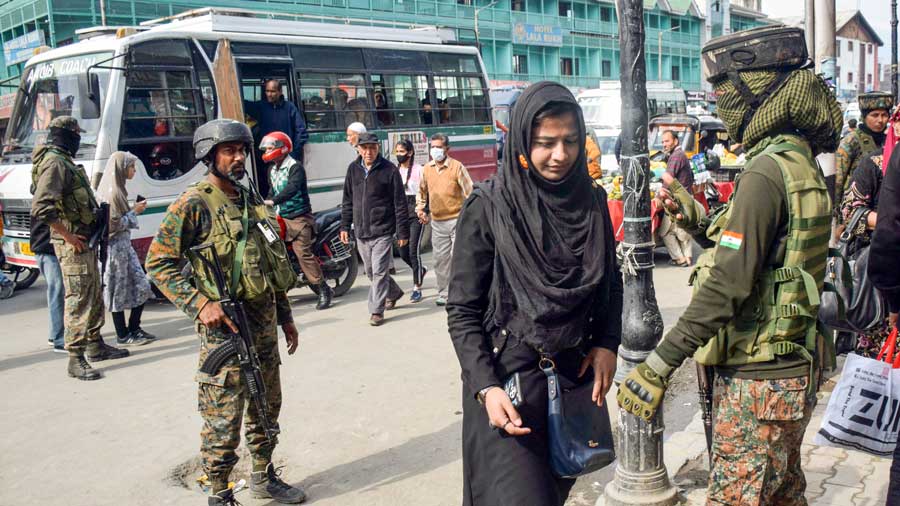Prime Minister Narendra Modi has repeatedly argued for ‘one nation, one election’, calling for votes to all state legislatures to be held simultaneously with parliamentary elections, ostensibly to save resources and time spent on politicking. But India’s Delimitation Commission appears to believe different electorates — even in the same election — should be treated according to different standards. The panel under the former Supreme Court judge, Ranjana Desai, appointed by the Narendra Modi government has recommended carving Jammu and Kashmir into legislative constituencies in a manner that fundamentally rails against the principle of one person, one vote. Until now, Jammu and Kashmir have had 83 seats: 37 in Hindu-majority Jammu and 46 in the Muslim-majority Kashmir Valley. The Delimitation Commission has recommended increasing Jammu’s seats substantially up to 43, while suggesting that Kashmir’s share go up by one to 47. It has stuck to its conclusions ignoring concerns from most political parties — other than the Bharatiya Janata Party — and independent demographers when a draft was released in December. If the recommendations are accepted, constituencies will have an average population of 1.25 lakh in Jammu and 1.46 lakh in Kashmir. Votes in Kashmir will have less value than those cast in Jammu — for the same legislature.
The violation of such basic principles of democracy is always problematic. In the case of Jammu and Kashmir, it is also a dangerous move for India to pursue — unless narrow politics matter more. Since Independence, New Delhi has strived to convince Kashmir that its future is best secured within the contours of a democratic India. Rigged elections in the 1980s contributed to the rise of militancy there, which Pakistan was quick to exploit. Every election in Kashmir since then has been a test of Indian democracy: voters who step out brave odds their compatriots elsewhere never need to counter, sandwiched as they are between boycott calls from separatists and gun-toting soldiers. They deserve New Delhi’s gratitude. Instead, they have been treated as children of a lesser democracy. Their statehood and special status were snatched away without consulting them when Mr Modi’s government rushed through the abrogation of Article 370 in August 2019. Legislative elections that were due that year have not been held yet. Now, Kashmiris are being told that their votes matter less than those of others. If a new generation grows up doubting its democratic place in India, New Delhi will not have anyone else to blame.











